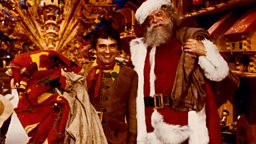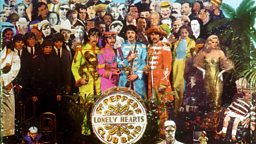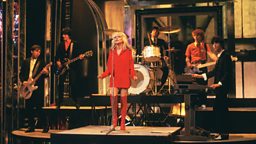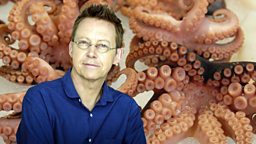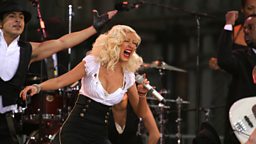Giant penguins and tiny kangaroos - the amazing stories behind Steve Wright’s factoids
Every day on his , Steve Wright astounds listeners with a volley of factoids - gleaming nuggets of information so incredible that they really shouldn’t be true, but are! Here, we delve a little deeper into some of Steve’s most impressive factoids of the last twelve months to uncover the full stories behind the eye-catching headlines.
1. Antarctica was once home to giant 6’7” penguins
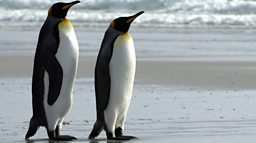
In 2014, archaeologists on Antarctica that would have stood two metres (or 6 feet 7 inches) tall - the same height as footballer Peter Crouch, and twice as high as a present-day Emperor penguin. The giant penguin species known as palaeeudyptes klekowski lived in the Eocene period, over 34 million years ago, and would have been able to hold its breath underwater for up to 40 minutes in order to catch larger fish.
2. John Wayne’s real name was Marion Robert Morrison

Film star John Wayne was born Marion Robert Morrison in 1907. Even then, Marion was an unusual first name and the future action hero didn’t much care for it, preferring to be called Duke after his family’s Airedale Terrier - the dog was Big Duke and Marion was Little Duke. His first film credit (in 1929’s Words and Music) was under the name Duke Morrison but it was decided that the name made him sound too much like a stuntman. Director Raoul Walsh and Fox Studios head Winfield Sheehan put their heads together and came up with John Wayne. As , "Winfield Sheehan was a big fan of 'Mad Anthony' Wayne, the revolutionary war general - that's where the 'Wayne' came from, and 'John' just sort of came up in conversations because it seemed to fit with 'Wayne': 'John Wayne.' It had a nice symmetry to it." Other film stars who ‘sexed up’ their names include Michael Caine (Maurice Micklewhite), Rock Hudson (Leroy Harold Scherer, Jr) and Whoopi Goldberg (Caryn Johnson).
3. Cows can smell things from up to five miles away
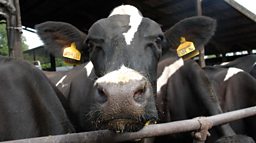
Cows have almost 360-degree panoramic vision but can only see a small distance in front of them with both eyes, so aren’t very good at judging distance or depth. However, they do have an acute sense of smell, allowing them to . This is due to their ; they spend a lot of time sniffing the air to alert them to the presence of potential predators. They can detect fear from the dung and urine of other cows and will avoid areas where they can smell blood or offal. As well as a strong nose, cows also have an additional olfactory organ in the roof of their mouth that allows them to sniff out potential mating partners.
4. If a female ferret doesn’t have sex for a year she’ll die
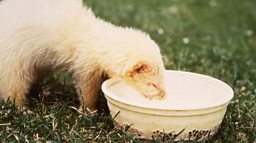
Mother Nature has dealt a cruel hand to the Bridget Joneses of the weasel world. When female ferrets are in heat, they that stay in the blood for a long time; if they don’t mate it causes a depression of bone marrow, resulting in aplastic anemia, which is often fatal. Female ferrets to be kept as pets are routinely spayed for that reason, although if you have a female ferret who is in heat, you should introduce her to a male companion at the earliest opportunity! (Even neutered ferrets will do the job.)
5. Britons spend £1.2bn on fish and chips every year
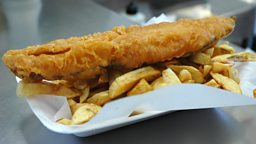
Forget your trendy Vietnamese street food, kebabs, burgers or even fried chicken. When it comes to takeaway meals, us British still love our fish and chips. There are currently , and 22 per cent of us visit one of them every week. Overall, we eat 382 million portions of fish and chips every year, adding up to a 1.2 billion pound industry - not to mention the boost it provides to vinegar manufacturers, ketchup makers and seagulls.
6. Elephants eat for up to 18 hours a day

Tea time
As forests shrink, wild elephants head for the plantations.
Every time you chide yourself for dipping into the snack drawer, bear in mind that you’ve got a way to go before matching the appetite of the wild Asian elephant (elephas maximus) . Elephants need to eat around 10 per cent of their body weight every day, equating to about 360 kilograms of food. In the wild, they are constantly foraging for bamboo, grasses, small trees and other edible plants. In safari parks, elephants are provided with a colossal heap of bananas, banana trees, yam, pumpkin, watermelon and other fruits and grasses to work their way through every day.
7. Jane Austen’s Pride and Prejudice was originally called First Impressions
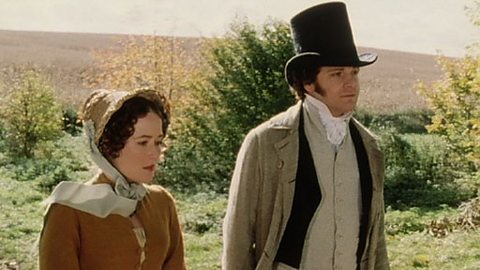
'Pride and Prejudice' - Elizabeth and Mr Darcy admit their true feelings
Elizabeth and Mr Darcy reveal their true feelings for each other.
You shouldn’t judge a book by its cover, but what about by its title? That’s what happened to Jane Austen’s classic Pride and Prejudice when it was originally circulated to publishers under the somewhat uninspiring title First Impressions in 1797. It was roundly ignored , at which point First Impressions was significantly revised and published under its new, catchier title. Other famous novels that underwent crucial title changes include F Scott Fitzgerald’s The Great Gatsby (originally Trimalchio in West Egg), William Golding’s Lord of the Flies (Strangers from Within) and John Steinbeck’s Of Mice and Men (Something that Happened).
8. At birth, a baby kangaroo is smaller than a cherry

Newborn Baby Grey Kangaroo - Attenborough-.mov
Newborn Baby Grey Kangaroo - Attenborough-.mov
Kangaroos may be the world’s largest marsupials, but their babies are tiny - . That’s why they instantly crawl into their mother’s pouch to grow for a couple more months until they are ready to face the world. Once fully grown, a red kangaroo can reach speeds of 35mph, covering 25 feet in single bound. By comparison, Usain Bolt is the fastest (unassisted) human on record, at the 2009 Athletics World Championships in Berlin.






